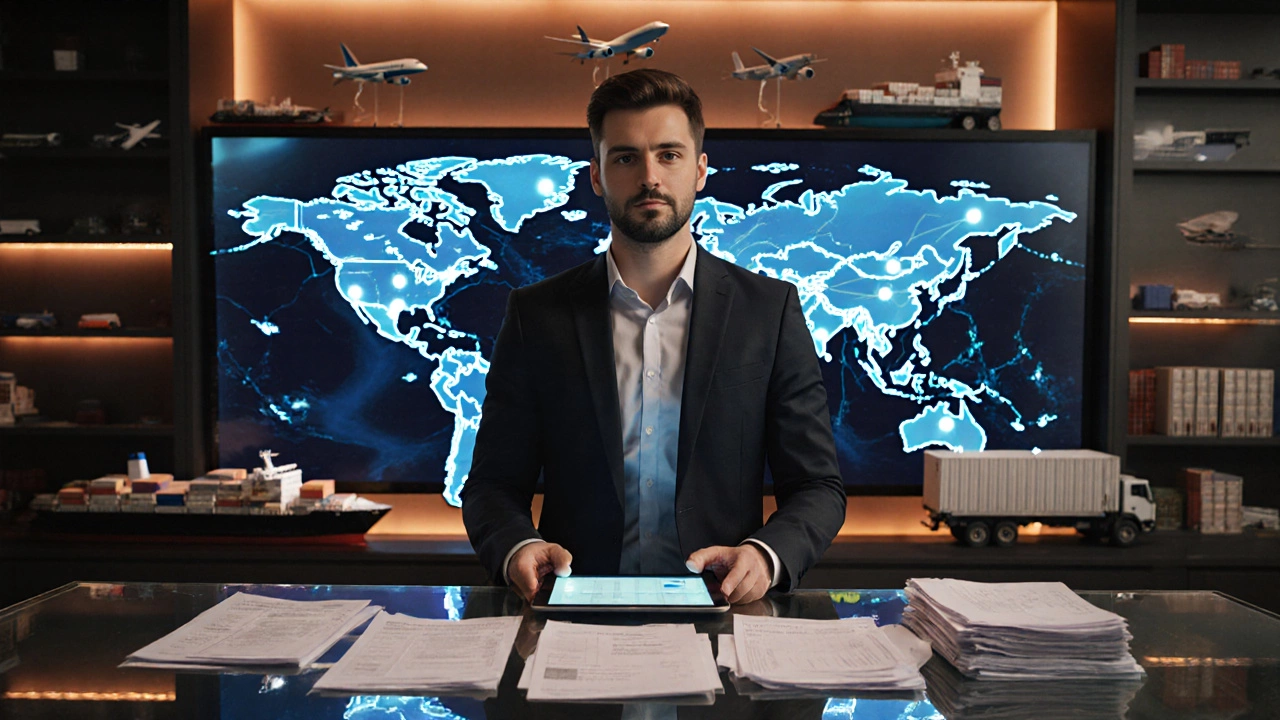Customs Clearance Explained – What You Need to Know
When dealing with customs clearance, the process of getting goods through a country's border controls. Also called border processing, it involves paperwork, duties, and compliance checks. Import duty, the tax levied on goods entering a country and the HS code, an international classification number for products are key data points. A customs broker, a licensed professional who handles paperwork on your behalf often acts as the bridge between you and the customs authority.
Customs clearance requires accurate HS codes; without the right code, duties can be miscalculated and shipments delayed. Import duty influences the total landed cost, so knowing the rate beforehand helps you price products correctly. A customs broker facilitates customs clearance by preparing invoices, certificates of origin, and any permits needed for restricted items.
Documentation and Freight Forwarding
Shipping documents like the commercial invoice, packing list, and bill of lading are the backbone of a smooth clearance. Freight forwarders coordinate these papers, arrange transport, and often partner with customs brokers to keep the flow moving. When a forwarder uploads a complete document set into the customs portal, the risk of hold-ups drops dramatically. This partnership is especially vital for complex shipments, such as hazardous materials or high‑value electronics, where extra certificates may be mandatory.
Compliance doesn’t stop at paperwork. Authorities may audit your records, checking that the declared HS code matches the actual product. Staying organized and keeping digital copies of all documents helps you pass inspections without a hitch. Many businesses use a customs compliance software that flags mismatches before they become costly penalties.
One common pitfall is under‑declaring value to lower import duty. While it might save money short‑term, discovery can lead to fines, seizure, or a ban from future imports. Another mistake is ignoring country‑specific regulations—what’s allowed in the EU may need a special license in the US. A seasoned customs broker will alert you to these nuances, ensuring you avoid costly errors.
Beyond duty and paperwork, trade agreements like the EU‑Japan Economic Partnership can reduce or eliminate tariffs if you meet origin rules. Knowing which agreements apply to your product can shave a big chunk off your cost. Your customs broker can verify eligibility and help you claim the right preferences.
In the sections below you’ll find articles that break down each part of the process—from choosing the right HS code to negotiating with carriers—so you can master customs clearance without the typical headaches. Dive in and start streamlining your cross‑border shipments today.
Freight Forwarder Role Explained: What They Do and Why It Matters
Learn what a freight forwarder does, why they matter, and how to choose the right partner for international shipping.
© 2026. All rights reserved.

